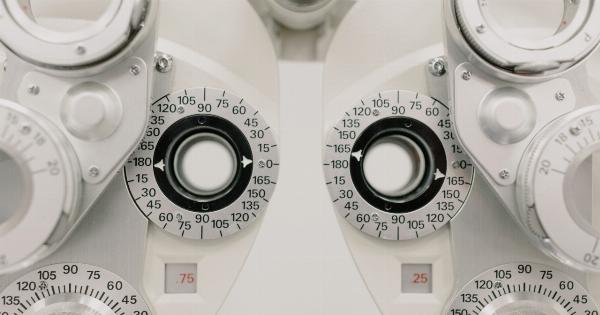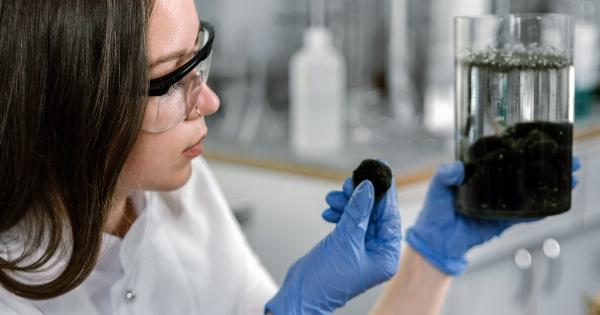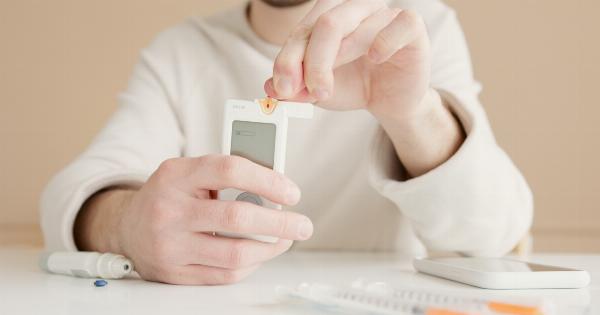With the worldwide outbreak of Kronovirus, antibodies testing has become crucial for diagnosis as well as management of the disease.
Antibody tests for Kronovirus have been developed to detect the presence of antibodies in the blood, saliva, or plasma of individuals who have been infected. However, there are concerns about the reliability of these tests and a need for extensive research to validate their accuracy. This article provides an overview of the reliability of antibody tests for Kronovirus.
What are Antibody Tests for Kronovirus?
Antibody tests for Kronovirus are immunoassays which identify the presence of antibodies produced by the immune system in response to an infection.
These tests help determine whether an individual is infected with the virus, has been infected in the past, or is immune to the virus. Antibodies may also help identify individuals who are at higher risk of developing severe disease or may need to receive plasma therapy.
Types of Antibody Tests for Kronovirus
There are two main types of antibody tests for Kronovirus:.
- IgM Tests: These tests detect the presence of IgM antibodies which are produced immediately after an infection.
- IgG Tests: These tests detect the presence of IgG antibodies which are produced later in the course of the disease.
Some tests combine detection of both IgM and IgG antibodies for better accuracy in detection of the disease.
Reliability of Antibody Tests for Kronovirus
The reliability of antibody tests for Kronovirus has been a matter of concern due to lack of extensive validation and false positive/negative results.
The accuracy and sensitivity of these tests vary depending on the timing of the test and the individual’s immune system response. False positives can occur due to cross-reactivity with other viruses and infections, while false negatives can occur due to the absence of detectable antibodies during the early stages of infection.
False results can lead to incorrect diagnoses, increased spread of the virus, and insufficient use of resources.
Validation Studies on Antibody Tests for Kronovirus
Validation studies have been conducted to evaluate the accuracy and reliability of antibody tests for Kronovirus.
These studies determine the sensitivity (ability to detect true positives) and specificity (ability to rule out true negatives) of the tests. Some of the studies conducted on antibody tests for Kronovirus include:.
- A study by the University of California San Francisco found that some commercial antibody tests had lower sensitivity rates and higher numbers of false negatives, causing concern over their accuracy.
- A study published in the Lancet Microbe reported that some antibody tests had high rates of false positives, posing a serious risk for individuals and public health interventions.
- Another study conducted in China tested the accuracy of rapid antibody test kits and found that they had a sensitivity rate of only 30%, which indicates that these tests can produce false negatives and put individuals at risk of infection.
Conclusion
The reliability of antibody tests for Kronovirus has been a topic of concern, with many studies indicating that these tests can produce false positive and negative readings.
More research is needed to understand the long-term reliability and accuracy of these tests and to determine their effectiveness in managing the pandemic. Until then, it is important to continue following public health guidelines and taking necessary precautions to prevent further spread of the disease.























